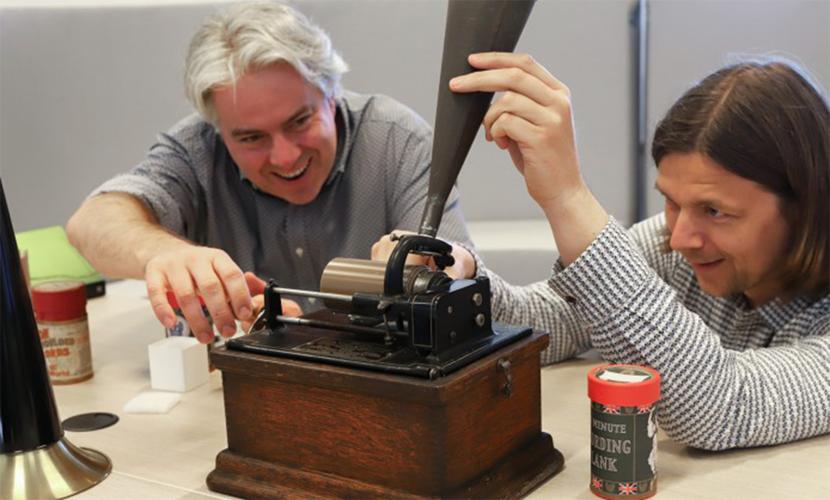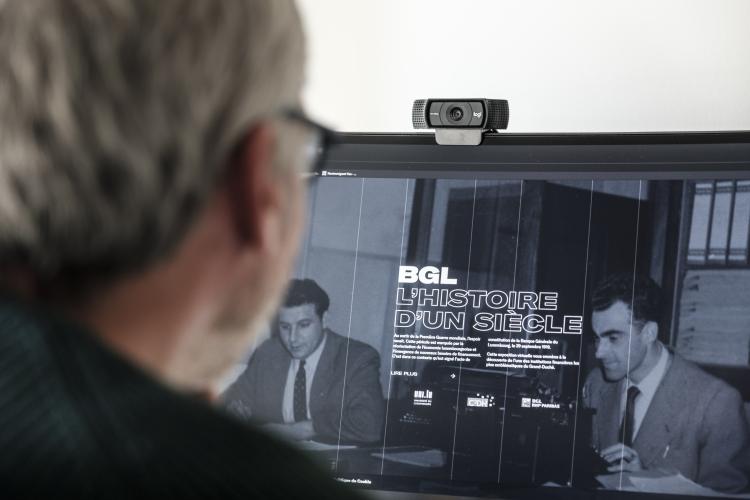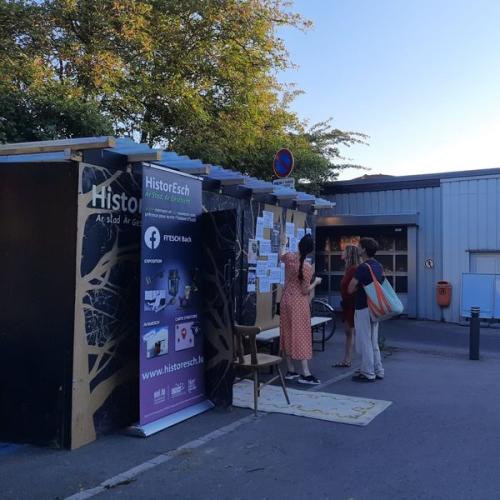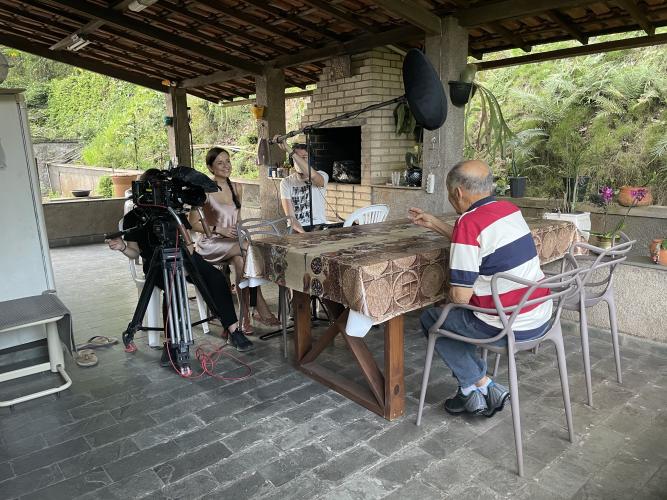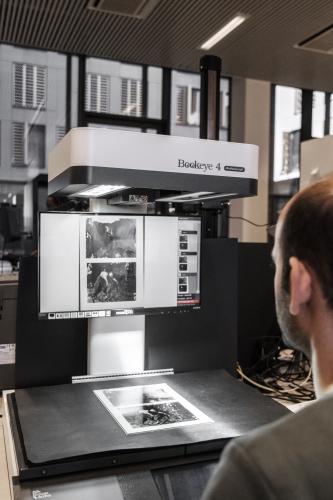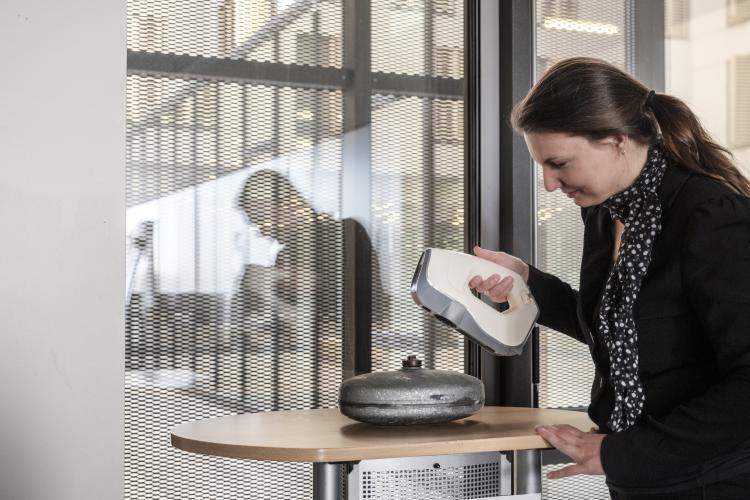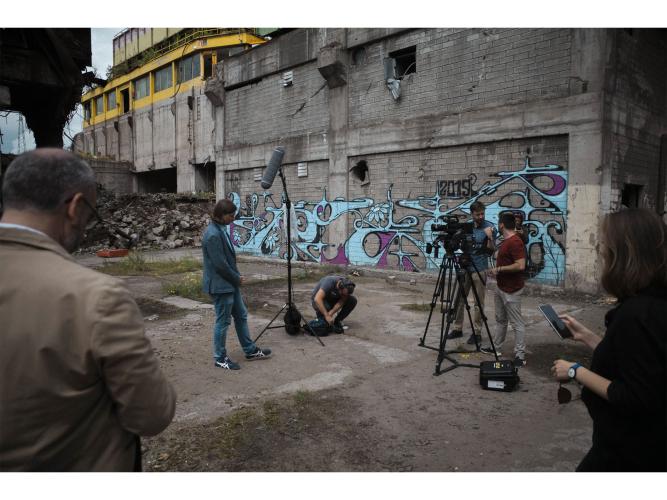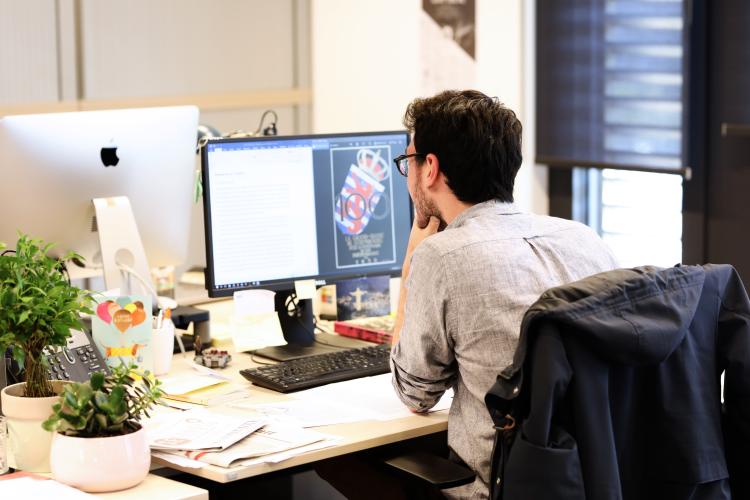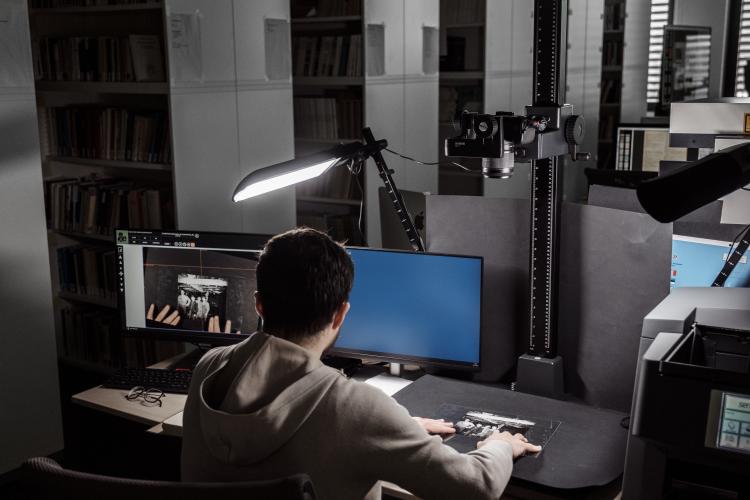Public history
The C²DH Public History Department aims to take history beyond the academic walls of the University. Initially defined as “history outside the classroom”, public history targets non-academic audiences through a multitude of media (websites, social media, exhibitions, tours, documentary films, comics, etc.) and sites (museums, libraries, streets and online). Public history develops participatory practices with the aim of engaging with a variety of partners and fostering collaboration between universities, cultural institutions, decision-makers and various public groups.
Head of the research area: Thomas Cauvin
Digital History
The Digital History research unit explores historical research’s digital turn in a critical, experimental, and interdisciplinary way. Axis researchers and technicians collaborate to produce new historical tools and practices. Current flagship projects include: impresso, an app for the advanced exploration of 200 years of historical newspapers based on text mining; Tropy, commercial-grade software for collection and analysis of research images; and DHARPA, an experimental platform for historical data creation and traceability.
Head of the research area: Sean Takats
Contemporary history of Luxembourg
The research unit "Contemporary History of Luxembourg" focuses on the political, economic, cultural and social transnational history of Luxembourg in the 19th, 20th and 21st centuries and aims to produce new knowledge on the contemporary history of Luxembourg by studying the phenomena and processes that have profoundly marked the region and whose comparative value goes beyond the national perspective. These include the World Wars and their legacies, the transition from an economy based on the steel industry to a mixed economy of production and services with a dominant financial and audiovisual sector as well as the emergence of the migratory space and the welfare state.
Head of the research area: Machteld Venken
Contemporary European history
The current challenges facing Europe, whether political (Brexit and the rise of nationalism), social (migratory movements and human rights) or health-related (the COVID-19 crisis), encourage us to look at European history in all its complexity, identifying commonalities as well as divisions and paradoxes. The “Contemporary European history” research unit investigates Europe in terms of institutions and memories, clashes and tensions, media and experts, adopting a network-based approach rooted in digital history.
Head of the research area: Valérie Schafer
